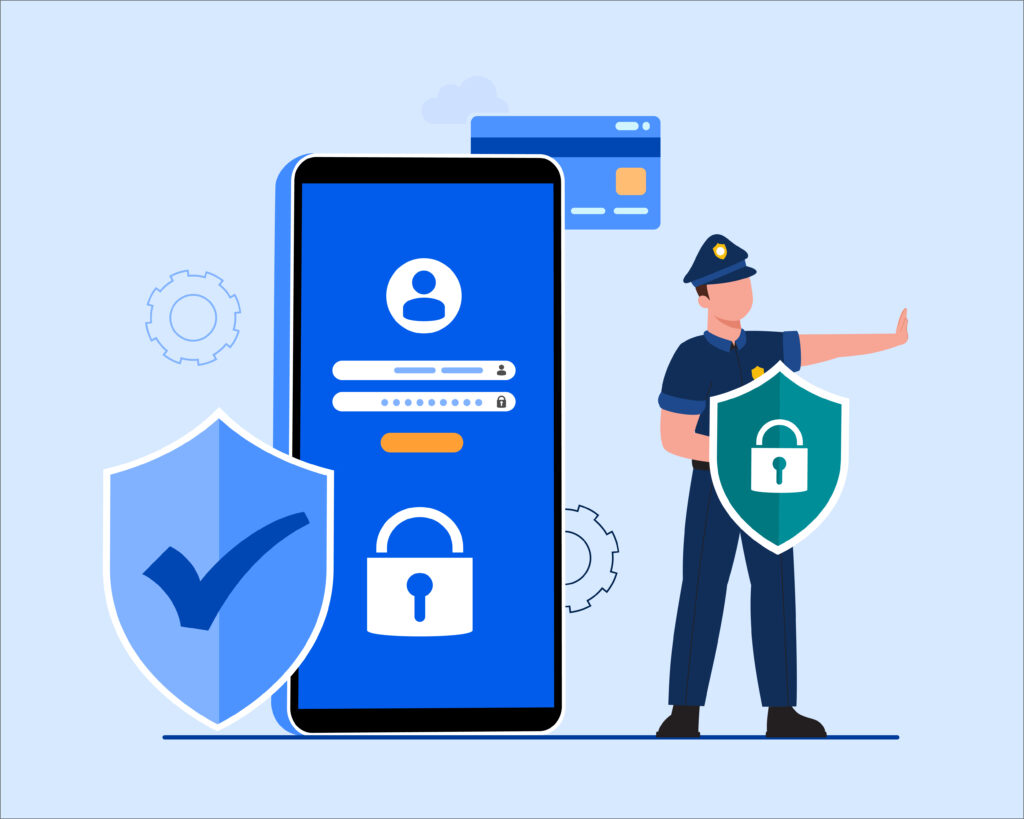In today’s digital age, we are constantly connected to the internet, often sharing information about ourselves without even realizing it. While we enjoy the convenience and connectivity that the online world provides, it’s important to be aware of the ways in which we may unintentionally share private information. This article explores some common ways in which your private information could be shared online without your knowledge and offers tips to protect your privacy.

1. Location Data in Photos
Many of us capture and share photos with our smartphones, but we may not be aware that these photos often contain location data in the form of GPS coordinates. This metadata, called EXIF data, can reveal the exact location where the photo was taken. When shared online, this information can potentially disclose your home address or favorite hangout spots.
Protection Tip: Disable location services for your camera app or remove location data from photos before sharing them online.
2. Public Wi-Fi Networks
Connecting to public Wi-Fi networks, such as those in coffee shops or airports, can be convenient but also risky. These networks are often less secure, making it easier for cybercriminals to intercept your data. When you use public Wi-Fi, you may unknowingly expose your login credentials, credit card information, or other personal data.
Protection Tip: Use a virtual private network (VPN) to encrypt your internet connection when connecting to public Wi-Fi networks.
3. Social Media Settings
Social media platforms encourage users to share personal information, but it’s essential to review your privacy settings regularly. Your default settings may expose more information than you realize. Strangers may be able to view your posts, photos, and even your location.
Protection Tip: Adjust your privacy settings on social media platforms to limit who can see your information, and be mindful of what you share publicly.
4. Third-Party Apps and Permissions
When you install apps on your smartphone or connect apps to your social media accounts, they often request various permissions. Some of these permissions may grant access to your contacts, location, or even your camera and microphone. These apps can collect data and share it with third parties.
Protection Tip: Review app permissions carefully and only grant access to information that is necessary for the app’s functionality.
5. Browser Cookies and Tracking
Websites often use cookies to track your online behavior and collect data about your browsing habits. This data can be used for targeted advertising or even sold to third-party advertisers, compromising your online privacy.
Protection Tip: Regularly clear your browser’s cookies and use browser extensions that block tracking cookies.
6. Email Tracking Pixels
Emails from marketers and newsletters may contain invisible tracking pixels. When you open an email with these pixels, the sender can track when and where you opened it, as well as other information about your interaction with the email.
Protection Tip: Disable automatic image loading in your email client or use email services that block tracking pixels.
7. Smart Devices and Voice Assistants
Smart devices like voice assistants (e.g., Amazon Alexa, Google Assistant) can listen to your conversations. While they are designed to respond to specific wake words, they may sometimes activate and record conversations unintentionally, potentially sharing sensitive information.
Protection Tip: Review your device’s privacy settings and mute or turn off voice assistants when not in use.
8. Online Surveys and Quizzes
Online surveys and quizzes can be entertaining, but they often request personal information as part of the participation process. This information can be shared with third parties or used for targeted marketing.
Protection Tip: Be cautious about the information you provide in online surveys and quizzes, and consider the source before participating.
Conclusion
Maintaining online privacy in today’s interconnected world is a constant challenge. It’s easy to share private information without realizing it, but awareness and proactive steps can help protect your digital privacy. Regularly reviewing privacy settings on social media platforms, being cautious about the permissions you grant to apps, and using encryption tools like VPNs are essential practices.
Remember that the more you know about online privacy threats and how they operate, the better equipped you are to safeguard your personal information. By staying informed and taking proactive measures, you can enjoy the benefits of the digital world while keeping your private information secure.